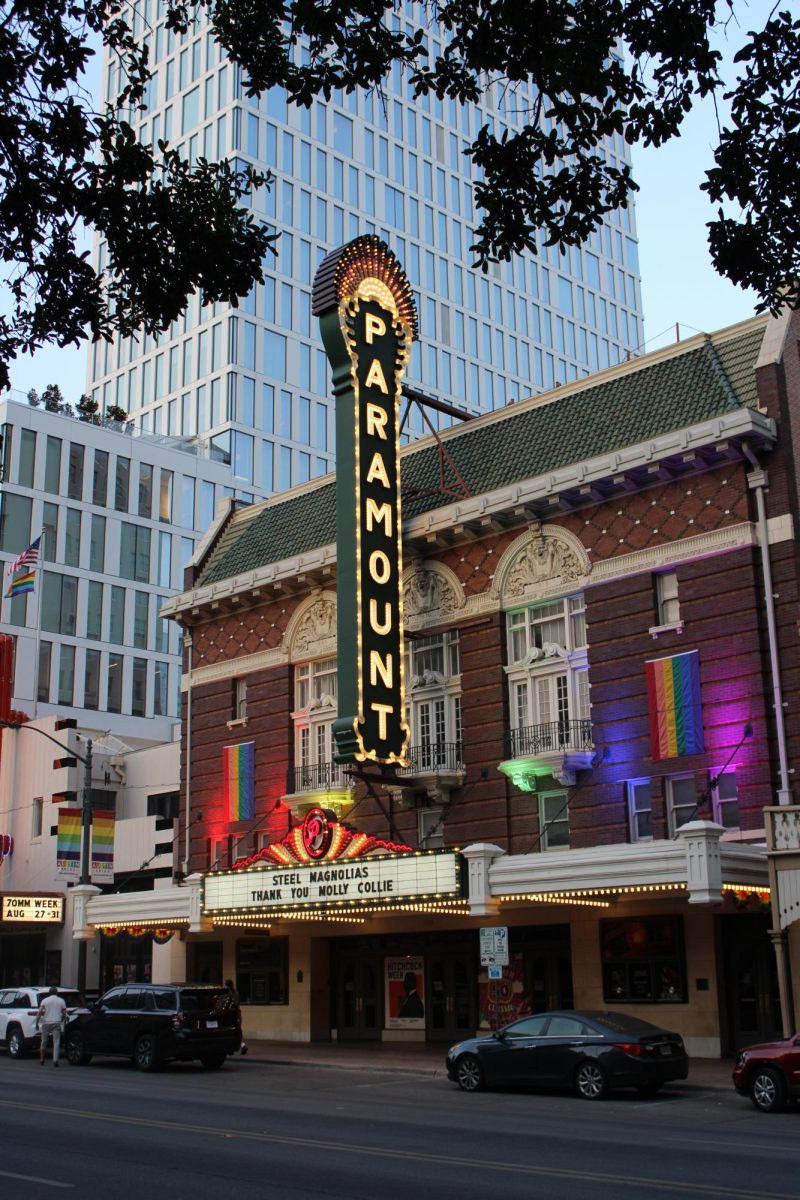The University will no longer be permitted to host or fund drag shows on campus, the UT System Board of Regents announced in a statement Tuesday.
“All activities at UT institutions are expected to comply with all applicable federal, state and local laws and executive orders, including any restrictions on the use of public funds,” Board Chairman Kevin Eltife said in the statement. “Our public university facilities, supported by taxpayers, will not serve as venues for drag shows.”
Eltife, who leads the governing board that oversees UT Austin and 13 other schools in the UT System, said campuses could not sponsor or host drag shows in their facilities. Although the Board of Regents system has taken no steps to formalize this ban, UT System’s general counsel informed chief legal officers of the ban, said Randa Safady, the system’s vice chancellor for external relations, communications and advancement services, in a statement.
“(It) is to be implemented by each UT System institution through their normal procedures for reviewing and approving campus events and the use of campus facilities and grounds,” Safady said.
The ban comes after Tim O’Hare, a UT alumnus and Tarrant County judge, sent a letter to UT System requesting they ban drag shows to comply with a January executive order from the Trump administration and directive from Gov. Greg Abbott, both of which require federal and state agencies to “reject woke gender ideologies.” O’Hare did not respond to requests for comment.
“I would be encouraged to see the UT System focus on fostering environments of learning and not use resources to prop up sexually-oriented events,” O’Hare said in the letter.
The ban also follows a formalized ban on drag shows from the Texas A&M University System Board of Regents. UT System campuses have hosted drag shows at past events, including during UT’s freshman summer orientations.
“Our institutions will not sponsor them,” Eltife said. “If the Board of Regents needs to take further action to make this clear, we will do so.”
Editor’s note: A previous version of this article stated that presidents, in addition to chief legal officers, had been informed of the ban. The Texan regrets this error.





















